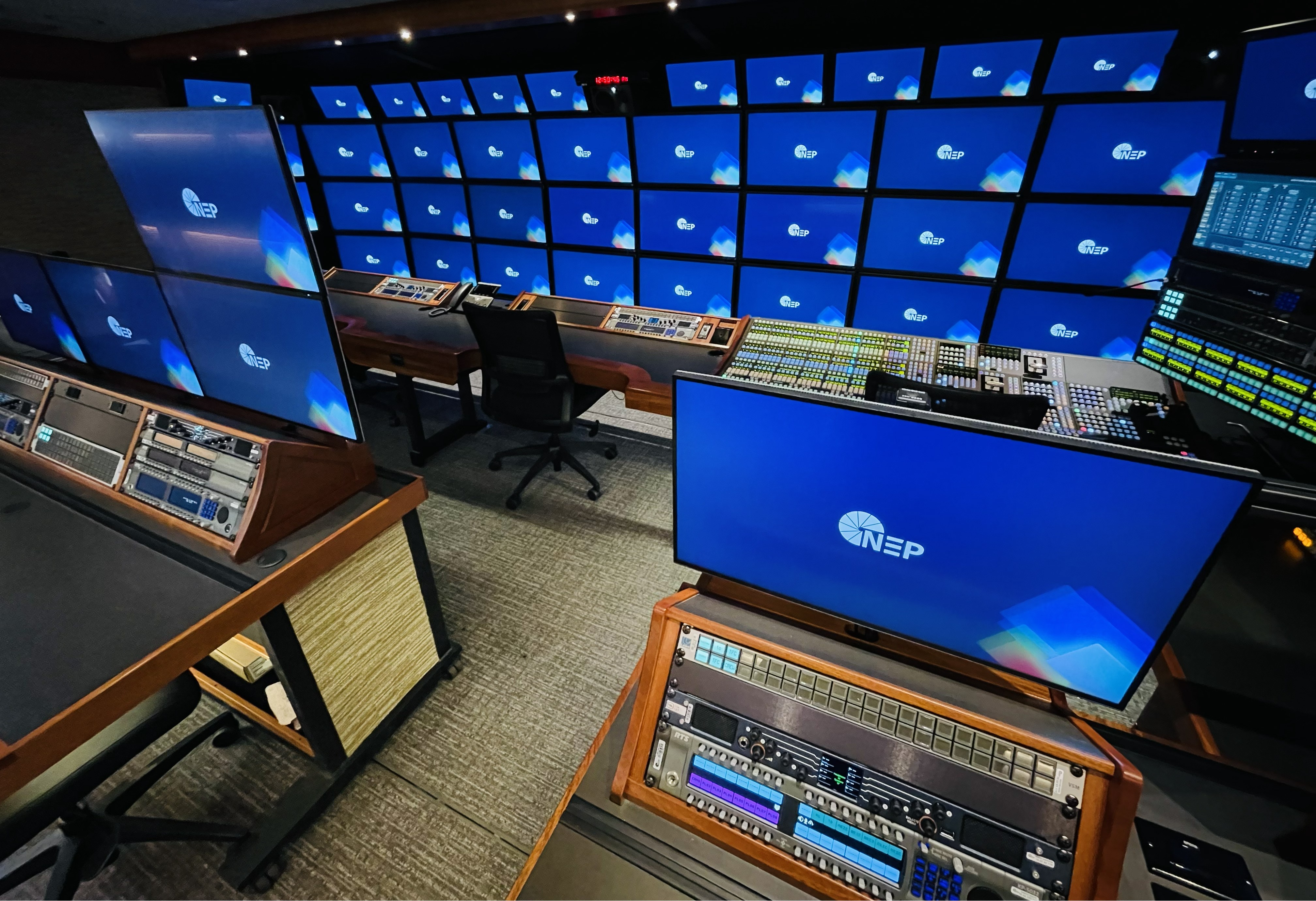The professional video industry's #1 source for news, trends and product and tech information. Sign up below.
You are now subscribed
Your newsletter sign-up was successful
The Word Radiocommunications Conference 2012 (WRC-12) opened Monday in Geneva, Switzerland. International Telecommunications Union (ITU) Secretary-General Hamadoun Touré explained, "The World Radiocommunication Conference will review and modify global spectrum regulations to ensure that this most precious resource is used effectively to benefit all players. The aim is to ensure reliable radio services are available everywhere and at any time enabling people to live and travel safely while enjoying high performance radiocommunications."
A key focus of WRC-12 is the management of satellite orbital slots and associated spectrum resources. Other topics on the agenda include mobile broadband, the development of Ultra High-Definition Television (UHDTV), the use of the "digital dividend" resulting from the worldwide DTV transition, and consideration of the potential for radio communications to act as a catalyst to reduce the impact of human activity on the environment.
In the United States, frequencies above 700 MHz previously allocated to TV broadcasting have been reallocated for mobile broadband. Francois Rancy, Director of the ITU Radiocommunication Bureau, wrote that pressure is "likely to grow in favor of a worldwide mobile allocation of the 700 MHz band."
In case you were thinking that UHDTV might lead to increased demands for terrestrial TV frequencies, Rancy sees the 22.0 GHz band being used for advanced satellite broadcasting applications, including UHDTV, 3DTV and other advanced TV applications. "Despite the complexity of this area, the conference is likely to make permanent arrangements for use of the 21.4–22 GHz band by the broadcasting-satellite service, to facilitate use of this band for advanced digital satellite broadcasting applications which require larger bandwidth capacity," he said.
Daniel Pruzin describes the U.S. position in an article on Bloomberg, U.S. Identifies New Spectrum Band, Allocations for Global Telecom Meeting. Not surprisingly, Decker Anstrom, head of the U.S. WRC-12 delegation, said more spectrum for mobile broadband is a high priority for the United States. One of the things the U.S. delegation will be pushing for is establishing an environment where wireless broadband can coexist in the same bands with other operations.
"Our fundamental objective here is to ensure that the studies that will move forward over the next four years look at all possible options, and that no bands are excluded from the studies that will take place over the next four years," said Lawrence Strickling, assistant secretary for communications and information at the Department of Commerce.
According to Pruzin's article, the U.S. may face opposition from other countries. Russia, for example, has a proposal that would look only at bands below 3 GHz. Others suggested C-band satellite frequencies should not be looked at during this process. FCC Chairman Genachowski said the United States would be promoting "incentive auctions" to reallocate spectrum from older uses to newer uses. He said, "We're glad see other countries in Europe, Asia-Pacific and elsewhere have made similar proposals."
WRC-12 will last four weeks, ending Feb. 17. Most of the new and revised regulations adopted at WRC-12 will be based on work that started at previous conferences and much of the work during WRC-12 will be setting up the agenda, studies and proposals for new rules that won't be adopted until the next World Radiocommunications Conference in 2015.
The professional video industry's #1 source for news, trends and product and tech information. Sign up below.

Doug Lung is one of America's foremost authorities on broadcast RF technology. As vice president of Broadcast Technology for NBCUniversal Local, H. Douglas Lung leads NBC and Telemundo-owned stations’ RF and transmission affairs, including microwave, radars, satellite uplinks, and FCC technical filings. Beginning his career in 1976 at KSCI in Los Angeles, Lung has nearly 50 years of experience in broadcast television engineering. Beginning in 1985, he led the engineering department for what was to become the Telemundo network and station group, assisting in the design, construction and installation of the company’s broadcast and cable facilities. Other projects include work on the launch of Hawaii’s first UHF TV station, the rollout and testing of the ATSC mobile-handheld standard, and software development related to the incentive auction TV spectrum repack. A longtime columnist for TV Technology, Doug is also a regular contributor to IEEE Broadcast Technology. He is the recipient of the 2023 NAB Television Engineering Award. He also received a Tech Leadership Award from TV Tech publisher Future plc in 2021 and is a member of the IEEE Broadcast Technology Society and the Society of Broadcast Engineers.
